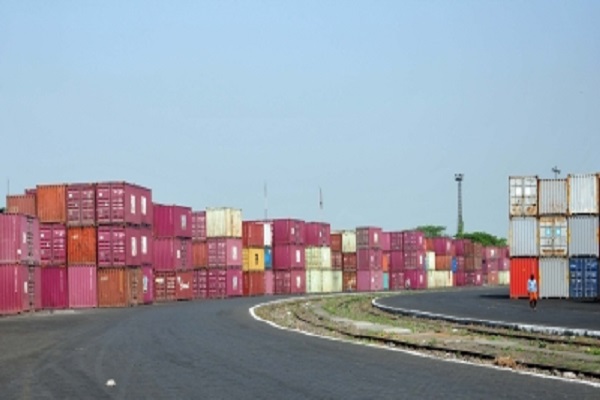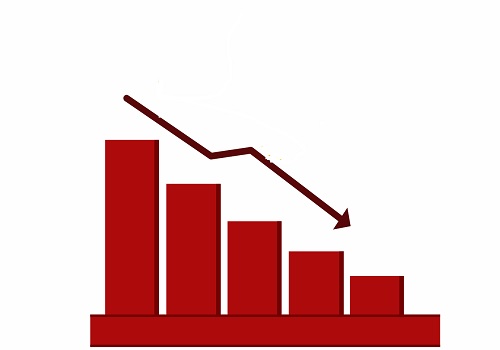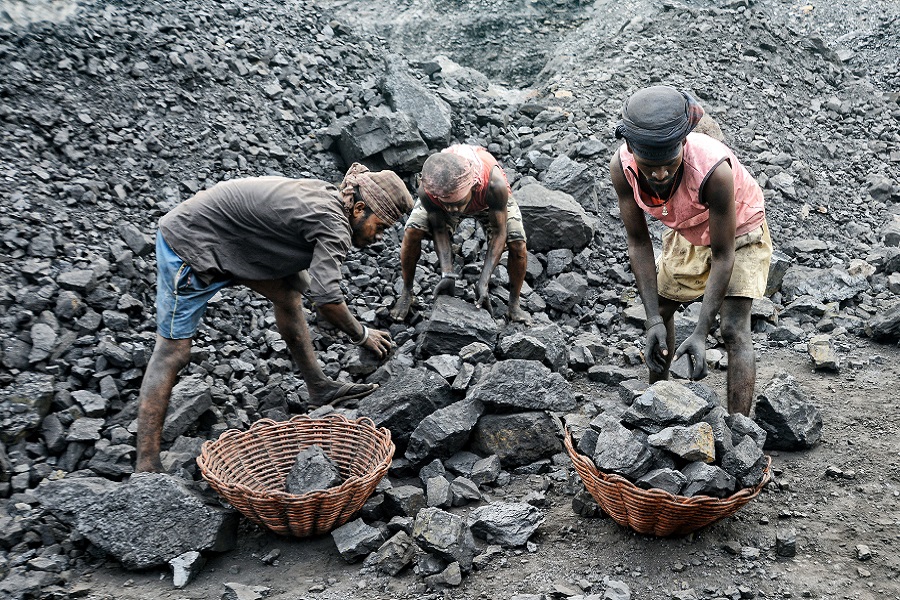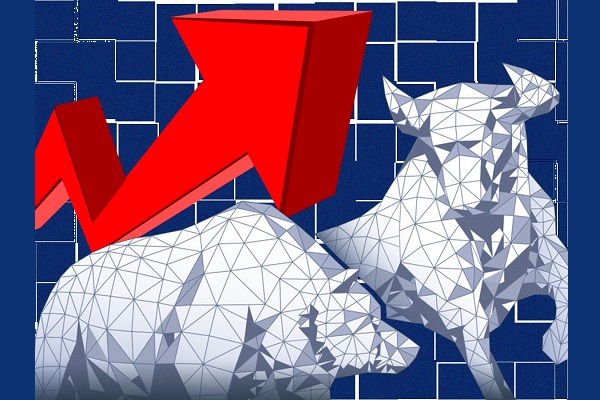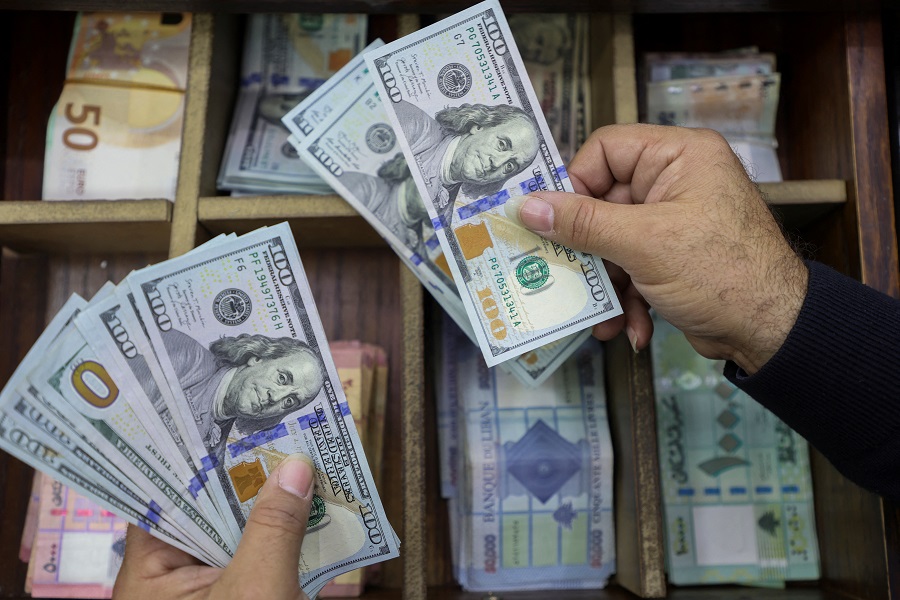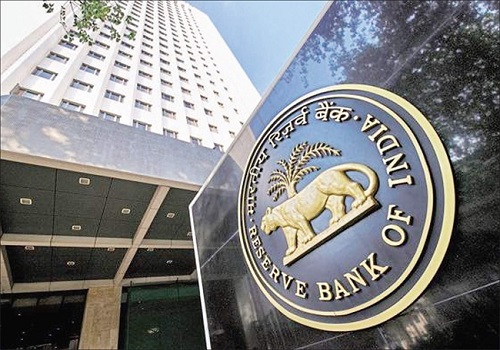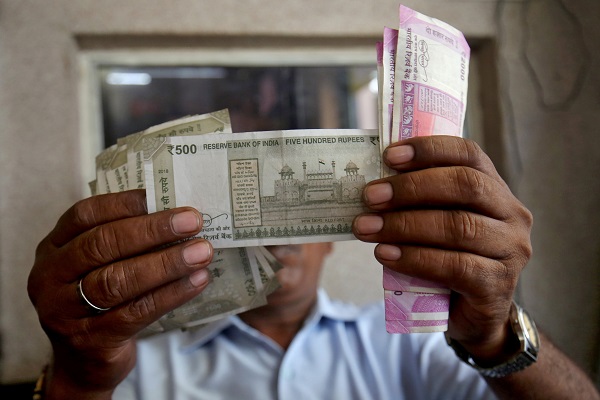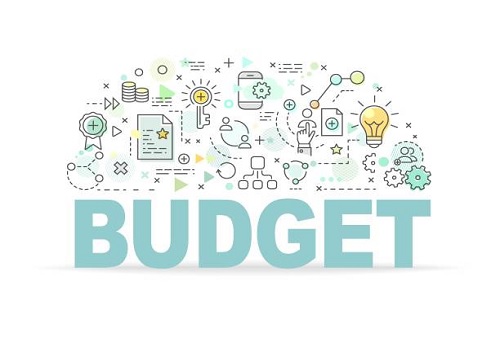India's Modi faces delicate balancing act in post-election budget
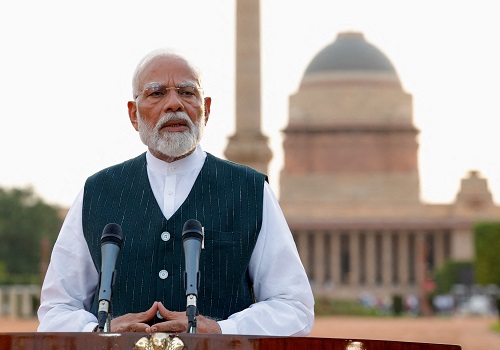
Indian Prime Minister Narendra Modi's first post-election budget on Tuesday will seek to lay out an economic vision that balances fiscal prudence with the expectations of disgruntled voters and the demands of his coalition partners.
"This budget will decide the direction of our work for the next five years and this will lay the foundation of fulfilling our objective to make India a developed country by 2047," Modi said on Monday ahead of the budget, due to be presented by Finance Minister Nirmala Sitharaman.
Modi's Hindu nationalist Bharatiya Janata Party (BJP) failed to secure a majority in the election last month, making it dependant on allies to form a government for the first time since he came to power more than a decade ago.
The budget is expected to cut taxes for the middle class, provide relief for distressed rural areas and heed the demands of two key coalition partners - Andhra Pradesh's Telugu Desam Party and Bihar's Janata Dal (United) - for billions of dollars in additional funding for their regions.
"Weaker political capital, uneven growth story with tepid consumption, and missing vigour in private capex and the rural sector form the backdrop of the upcoming Budget," Madhavi Arora, an economist at Emkay, said.
The government will also look to keep at bay a resurgent opposition which has criticised the Modi government for a lack of jobs, high cost of living and growing income inequality.
According to a report by World Inequality Lab, wealth concentrated in the richest 1% of India's population is at its highest in six decades, while youth unemployment stands at over 17% according to government estimates.
INFRASTRUCTURE SPENDING
A government report published on Monday forecast economic growth of between 6.5% and 7% for the current fiscal year, slightly below consensus analysts' estimates.
The government does, however, have enough cover from the central bank to ensure it stays on course to narrow the budget gap and finance its infrastructure projects.
In May, the Reserve Bank of India transferred a $25 billion surplus transfer to the government that will help it cover tax cuts, help for rural areas and coalition partners' demands for regional funding.
Over the last three years, the government nearly doubled spending on long-term infrastructure projects as a way to push growth and generate jobs and plans to spend 11 trillion rupees ($131.51 billion) on such projects this year.
Some economists expect the budget could include improvements to an incentive scheme for domestic and foreign companies to boost manufacturing in India in 14 sectors including electronics, semiconductors and pharmaceuticals.
On Monday, the government's economic survey warned of rising risks from a surging equity market, which is also drawing retail investors into risky derivatives trading.
To discourage such risky investments, economists say the budget could include measures such as an increase in capital gains tax on equity investments held long-term. However, such a move could be a major dampener for Indian equities and hit the stock market, according to Morgan Stanley.
Any hike in transaction tax on derivatives would also be a negative surprise, Jefferies said.
Finance Minister Sitharaman is due to present the budget from 0530 GMT.

